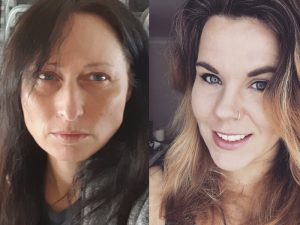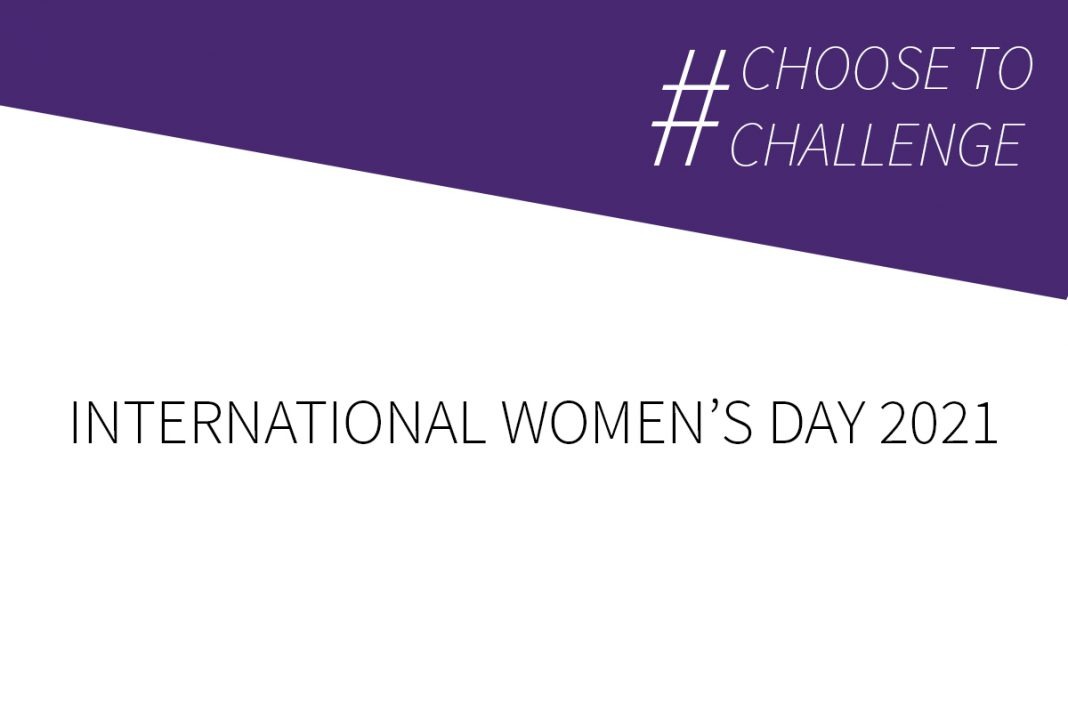
For the past three years, Women In Live Music has showcased the talent of females in the industry. Founders and Sound Engineers, Malle Kaas and Hannah Brodrick discuss how 2020 has been for the organisation…
How did you both get involved in live events?
Malle: I went to my first rock show at the age of eight, and I was sold on the spot. I picked up an interest in physics and electronics from my father and brothers. We would play a lot of music on the stereo, from ABBA to Sex Pistols. None of us were musicians, but that didn’t matter. I wanted to work behind the scenes and be surrounded by amplifiers and cables. My first gig was as a Stage Tech with Faith No More. FOH Engineer, Bruce Knight took me under his wing, and showed me how to become a sound engineer.
Hannah: I came from a musical family, but I hated performing. When I was a teenager, I spent all my money on going to gigs and buying records and knew I had to be a part of music somehow, but I didn’t know what options there were outside of performing. I had no concept of live sound engineering, so I assumed I wanted to be a record producer. I went to university and got a degree in Music Technology & Sound Design but still didn’t feel at home in the recording studio, so after a couple of years of working unpaid internships for music PR firms and speaker manufacturers, I managed to get some work experience at a theatre – which led me to freelancing for local venues and small production companies, setting up sound, staging and lights for small events.
How has WILM evolved in recent years?
Malle: We launched the project to the public in January 2018, and after three years, we can conclude WILM has been a success from day one. We have been well received from the very start all around Europe by new members, both men and women. We have almost 4,000 members in our Facebook group, which has a beautiful vibe – with daily tips, anecdotes, job offers, suggestions of useful webinars, and much more. We have more than 250 qualified and dedicated women showcased on our Crewlist on WILM’s website, which allows artists and booking agencies to easily find a female crewmember for their next gig.
How has WILM kept the community going during these trying times?
Hannah: I’m amazed at how well our community pulled together during this really difficult time. Last summer, WILM hosted free weekly webinars on Zoom, with members from across Europe covering a wide range of topics, from lighting design to tour management. It was a great opportunity for our members to learn new skills and connect with each other. We also took the opportunity to connect with other organisations and take part in radio shows, panel discussions and webinars– including #WeMakeEvents campaign demonstrations. Recently, we were invited to host a network session at (R)ISE spotlight, which is a monthly series of free-to-attend digital events, based around key ISE technology areas for people who produce, host, and supply live events. Together with the crew radio Ancroo.live, we have established a monthly one-hour show. We are quite proud of these radio shows made by crew for crew and are enjoying the engagement from members and supporters in order to put these shows up. Against all the odds, we also managed to host a virtual rendition of our Christmas Party/WILM Awards in 2020, which was a fun and morale boosting event. We decided that even though many of us haven’t worked this year, we should still celebrate our achievements. It was a huge success.
What steps would you like to see when live events return to improved diversity of touring crew and working conditions?
Malle: We would like to see that the industry focuses on diversity and doesn’t forget that there are some really talented women out there. We will, of course, continue our effort in increasing diversity in the industry through WILM’s community. However, WILM wants the live event industry in general to pay more attention to the crew part. It has been more than clear during the lockdown that we have been completely forgotten, and that it is something we need to work on. We are poorly organised, and there is hardly any data on us. We haven’t really made it easy for the different governments or the rest of the industry to find sustainable solutions for those working behind the stage. However, WILM is working on forming a European council for the Live Event Industry, which includes the UK, Norway, Iceland and Switzerland.
Hannah: In some ways, I am grateful for lockdown because it made me realise how overworked and stressed I was and hadn’t even realised. I think a lot of other people working in the industry feel the same way. I am really hopeful that this time has given people a chance to reflect on perhaps creating a better work-life balance for crew and that we are paying more attention to the mental well-being of our colleagues.
What’s next for WILM?
Malle: One topic we gave a lot of focus to in 2020 and will do in the years to come was that of Motherhood combined with a career in live music. We conducted a report last year, based on over 200 women in the industry, and the outcome was rather devastating. It showed us that we need to focus on this subject as more women are becoming a steady part of the industry. It is vital that we start to think about how to create an inclusive atmosphere and the right conditions for soon-to-be-mums as well as touring mums out there on the gigs. It’s such a shame if you feel you have to hide your pregnancy or have to be afraid of never being able to go back to the industry if you decide to have children. We definitely need to debate more on this subject, but we also need to take action to provide some more welcoming and appropriate facilities for this specific group of colleagues. And here we are, of course, talking about both the colleagues on stage as well as those behind stage.
Hannah: We are also keen to host WILM meet-ups all over Europe so our members can have a long-overdue catch-up as soon as we are able to do so. But in the meantime, we will continue the WILM radio shows, and we are about to set up a YouTube account for all of our webinars, and in general working on improving our website and social media channels to keep everybody included and connected.
This article originally appeared in issue #259 of TPi, which you can read here.






